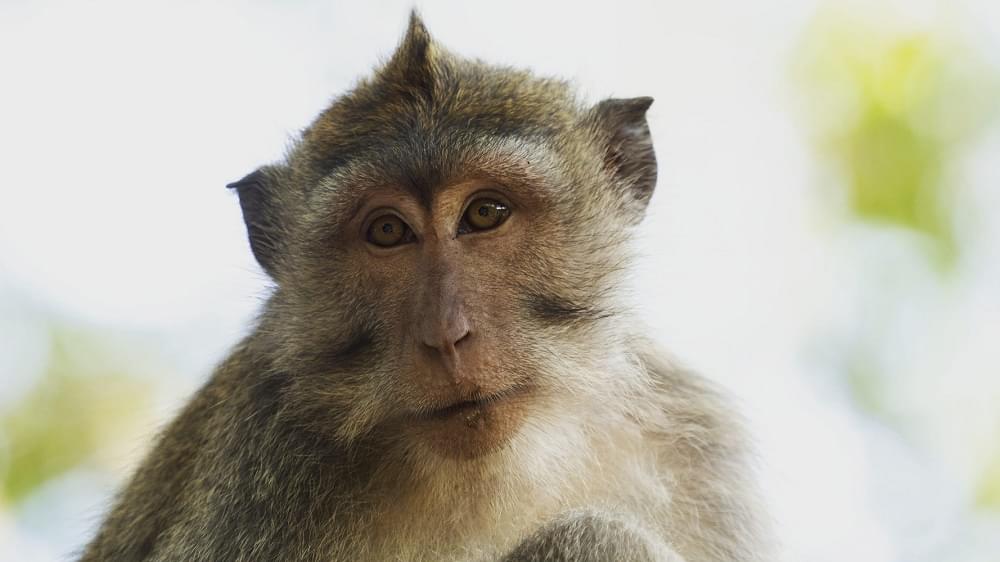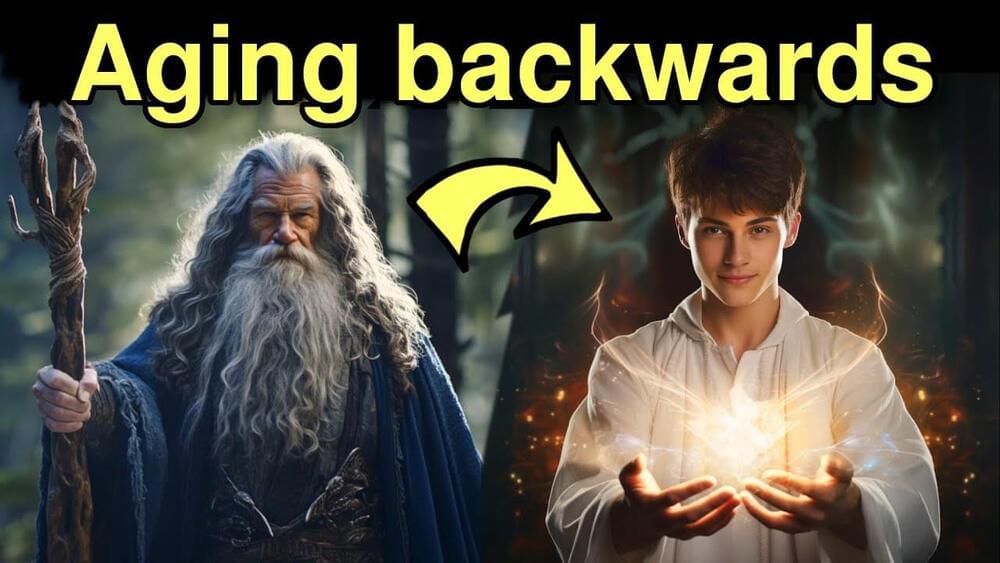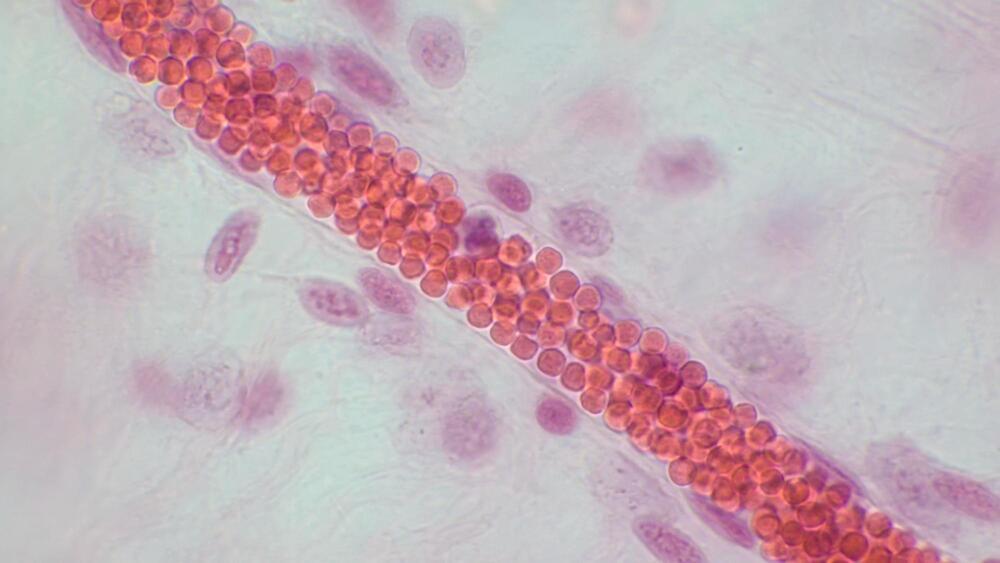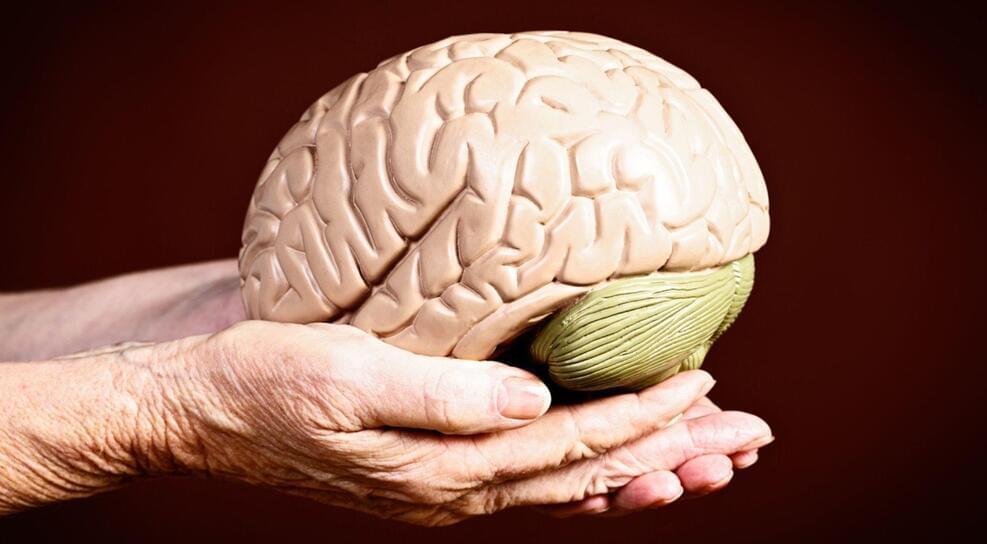Oct 12, 2023
SIRT2 Works Against Cardiac Aging in Mice and Monkeys
Posted by Arthur Brown in category: life extension
Working with non-human primates, scientists have discovered that the protein SIRT2, a member of the sirtuin family, might play an important role in slowing cardiac aging [1].
In this study published in Nature Aging, the researchers used long-tailed macaques to elucidate the molecular aspects of cardiac aging using multi-omics analysis. Unlike short-lived mice and rats, non-human primates like these have hearts that closely resemble those of humans and, due to their relatively long lifespan, suffer from spontaneous heart conditions as well.
















